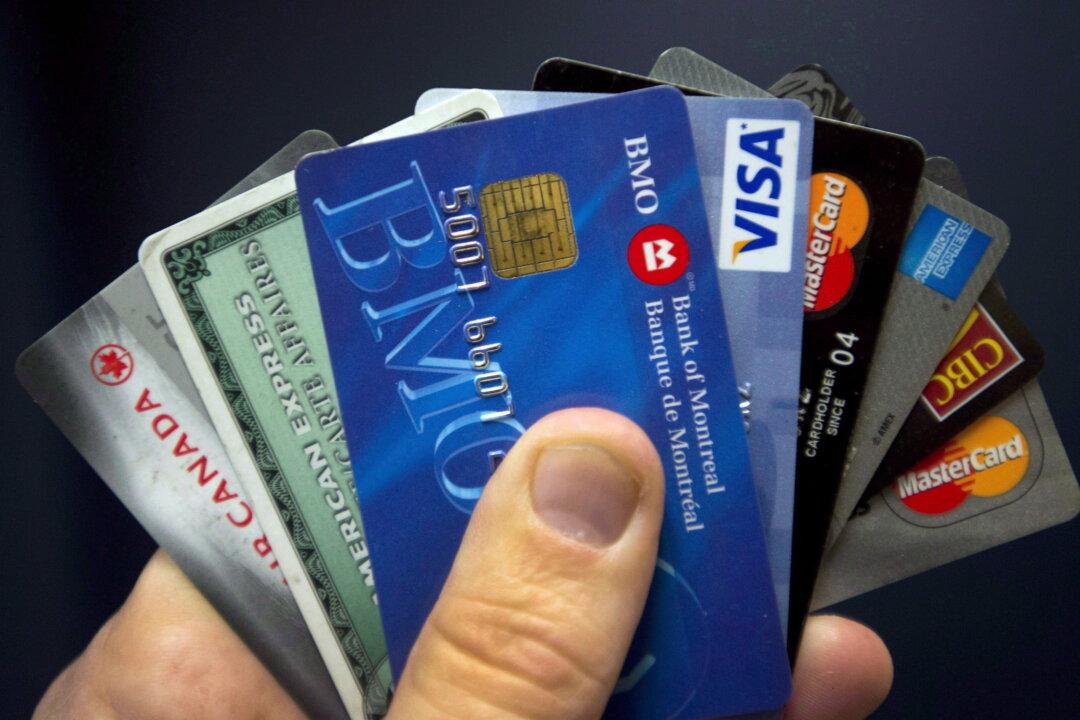The paper cheque is gaining back its popularity among small businesses as they look to offer more payment options to avoid the high transaction fees that come with accepting credit cards, according to a study by the Bank of Canada.
“Merchants mentioned accepting a wider range of payment methods because they need to make sales and accommodate an equally wide range of consumer preferences for payments,” said the study, titled “The 2021–22 Merchant Acceptance Survey Pilot Study” (MAS), published on Jan. 4.





